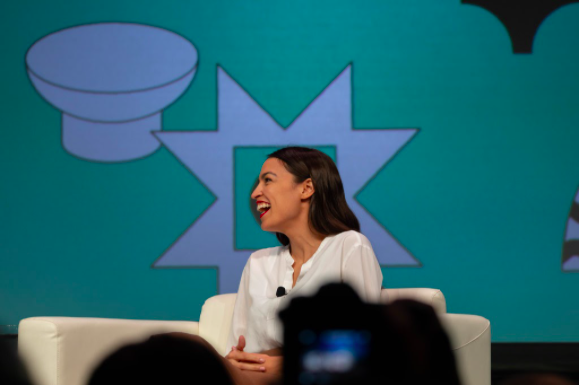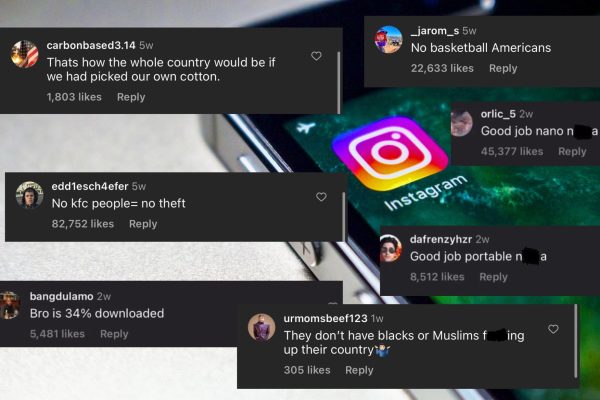Should Politicians Be More Relatable?

Will being relatable make politicians more popular?
On Tuesday, Oct. 20, Representative Alexandria Ocasio-Cortez, or AOC, became an internet sensation by playing the popular online video game Among Us for an audience of over 430,000 people on Twitch. People have been sharing videos of the game all over social media and have been delighted by the content. By simply streaming a video game, the Representative of New York’s 14th district became an online phenomenon.
One of the reasons AOC is so popular, especially among young people, is her relatability. As a young liberal woman of color, she strays from the norm in our government of older white men, but more than that, she is accessible. She is someone who uses the same social media platforms and plays the same video games as the regular public.
AOC is also relatable because she joined the political system from the outside. When she first started running for office she was a bartender, though she had to quit when her campaign became a full-time job. Because of her relatability, young people are able to see her as a person they could imagine hanging out with rather than a disembodied political figure.
This leads to a feeling of connection with the representative and plays a large role in her acclaim. Many young people can relate to her on a level unavailable with older, less in-touch politicians.
AOC’s example warrants the question: should politicians be more relatable?
Because most politicians grew up in an era before modern technology, this type of accessibility can be interpreted as unprofessional. Though other forms of relatability and a lack of professionalism are seen as desirable as long as they appeal to only the older generation, for example, the current president. However, it seems to be the key to widespread popularity.
Political figures who are accessible and connected to the young public are unusual in our government. This rare sense of intimacy with someone who is part of shaping the legislation of our country creates more public interest and investment in politics.
It seems like the only way to be in federal politics is to take a certain path, and work your way through, rather than into the system. But AOC has proven this untrue and shown that any regular person can run for office. Often voters are more excited to elect those candidates than the stereotypical representative.
Activities that in the past could have ostracized elected officials from the public might be the key to voters’ support in the modern-day. This may be the reason so many older elected officials ignore this strategy, while the younger candidates are beginning to employ it. Many young voters don’t want a candidate who’s overly professional, they want someone that they can connect with on a personal level. So although some older voters see those tactics as unprofessional, it may be worth it. With all this in mind, it may be time for older representatives to change course, or be replaced by a new generation.

Selah is a BHS senior who enjoys writing and wants to continue improving her skills by joining the OWL. She hopes to bring to light to important issues in and beyond the Boulder High community and share some of her many opinions. When she’s not doing work for her classes, Selah enjoys nature. She grows many plants, including purple grapes in her backyard, which she far prefers to the green ones. She spends a lot of time hiking, camping, and enjoying the Colorado mountains. Selah likes to read. She often reads fiction; however, philosophy and nonfiction are also her favorites. She is also a singer and piano player and has written several songs of her own and many in collaboration with her brother....






